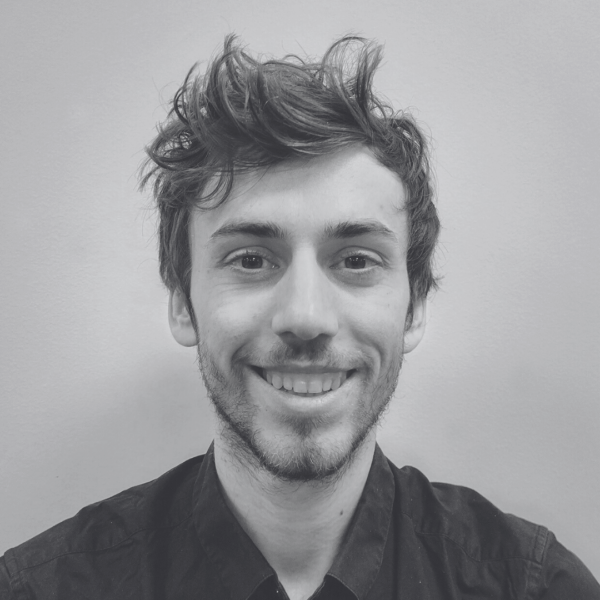PhD Student, University of Oxford

Romain Guyon received a 2022 Michelson Prize for: “Demonstration of new single-dose vaccine technology towards a first-in-man clinical application.”
Award-winning research proposal: Single-dose immunization could provide an effective solution to improving global vaccination coverage and easing the logistical and cost burdens during outbreaks. Mr. Guyon uses a novel microfluidics system to generate biodegradable particles encapsulating the vaccine booster dose to be delivered with the priming vaccine dose in a single injection, delaying the booster release in the body. Mr. Guyon’s successful proposal will assess the utility of this technology using the licensed rabies vaccine for single-visit post-exposure prophylaxis and assess scale-up feasibility to facilitate a first-in-human clinical trial.
Romain Guyon graduated in Biosciences Engineering at the Institut National des Sciences Appliquées of Lyon (INSA de Lyon), France in 2018 and obtained an MSc in biomedical engineering. He was then awarded the NDM Prize Studentship at the University of Oxford, where he is currently finishing his DPhil in Clinical Medicine, based between the Jenner Institute and the Institute of Biomedical Engineering (IBME), before starting a postdoctoral position in these institutes (Jenner and IBME) in the University of Oxford to develop further his work on single-dose vaccine technology.
Why did you choose to become a scientist?
I grew up with an insatiable curiosity and passion for solving problems, even at a young age. Becoming a scientist for me was a way to satisfy this curiosity and solve problems that will hopefully have a positive global impact.
What drew you to the fields of immunology and vaccine development?
Upon finishing my biomedical engineering degree, I was interested in developing new medical treatments, and the preventive aspect of vaccines was appealing to me as it aims to avert the infection before it even occurs. Moreover, vaccination has not only an impact at the individual level but also at a population scale, making it a very interesting subject to work on. Due to the complexity of vaccine development and its need for expertise across multidisciplinary skill sets, I find the area highly intriguing.
What is the potential impact of your research on people’s health?
Despite having effective vaccines able to prevent many infectious diseases, immunisation coverage is sub-optimal, partially due to missed injections and lack of compliance with vaccination, especially across the developing world. In the case of rabies, more than 60,000 people die of rabies annually, mostly due to inadequate or incomplete access to the post-exposure prophylaxis vaccine, which requires four injections within four weeks post-exposure. Developing a single injection vaccine to replace the current multi-injections regimen would be an effective solution to reduce the logistical and cost burden, thereby improving immunization against rabies across the world.
How will the Michelson Prize help you with your future research and career?
Upon finishing my Ph.D., the Michelson Prize is a wonderful opportunity for me to establish my independence as an early career researcher and drive forward an ambitious research project that can transform future vaccination strategies. The financial support of the Michelson Prize will allow me to conduct different in vitro and in vivo studies, encapsulating the rabies vaccines inside the delayed delivery particles to identify the most promising formulations that maximise the immune response in a single injection. Thanks to the Prize, I will also be able to explore different manufacturing methods to demonstrate the scale-up potential of this technology, paving the way for first-in-human clinical trials.